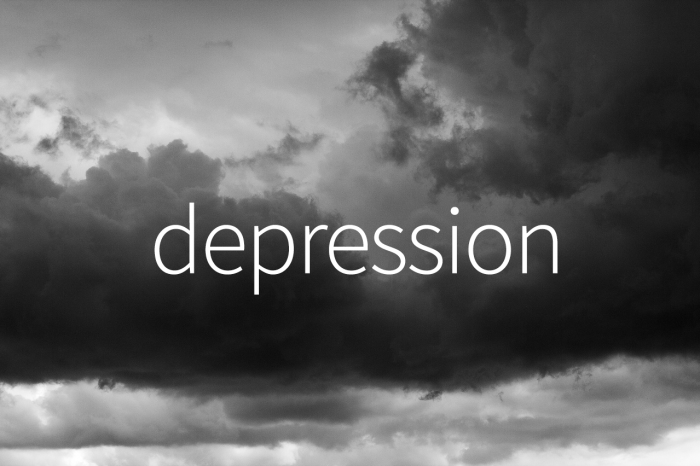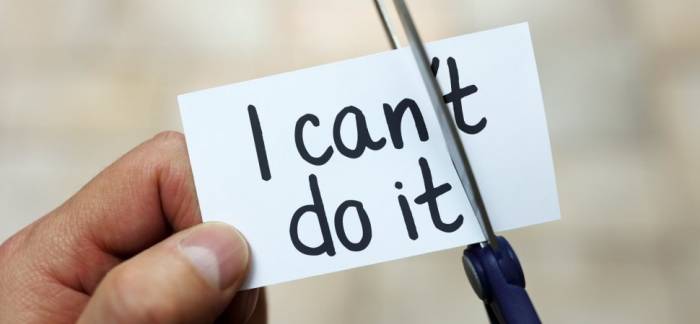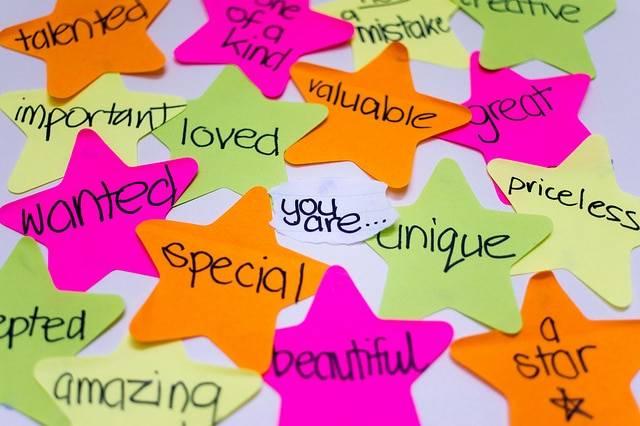When you have low self-esteem, you are much more prone to depression than at any other time says research. Here are some of the most common problems low self-esteem can cause and how to get them sorted.
Habits That Cause Depression And Low Self-Esteem
What is meant by self-esteem?
Self-esteem is used to describe a person's overall sense of self-worth or personal value. Self-esteem is made up of the thoughts, feelings, and opinions we have about ourselves. That means self-esteem isn't fixed. It can change, depending on the way we think. Over time, habits of negative thinking about ourselves can lower self-esteem.

Low self-esteem
People with low self-esteem are more troubled by failure and tend to exaggerate events as being negative. Low self-esteem has been shown to be correlated with a number of negative outcomes, such as depression (Silverstone & Salsali, 2003).

Causes of low self-esteem
Physical, sexual, or emotional abuse may be the most striking and overt causes of low self-esteem. Being forced into a physical and emotional position against your will can make it very hard to like the world, trust yourself or trust others, which profoundly impacts self-esteem.

Comparing Yourself to Others
If you often compare yourself to others, you're not alone. It can lead to feelings of failure and low self-esteem. Research has found that comparing breeds feelings of envy, low-self confidence, and depression, as well as compromises our ability to trust others.

Find fault with yourself
Some people do more than their share of finding fault with all kinds of things around them. They do so only partly because things are not so great around them. But the main reason is that they are unhappy with themselves.

Procrastination
Procrastination is a common human tendency. It is the habit of delaying an important task, usually by focusing on less urgent, more enjoyable, and easier activities instead. It is different from laziness, which is the unwillingness to act. Procrastination is a destructive vicious cycle. You can sabotage your life, stop achieving results and goals, and this will erode any motivation and confidence you already have, which can result in feelings of hopelessness, sadness or stress. When it comes to procrastination, low self-efficacy can cause you to put off a task because you don't think you can get yourself organized enough to complete it.

Doubt your instincts and decisions
Give your intuition a chance and you'll give yourself the biggest gift of your life. Your brain will always create doubt and question your judgments – as it probably should to keep up safe and allow us to rationalize. But your gut just knows when something is RIGHT for you. So save your brain for the analytical stuff and trust your gut. It’s science.

People Pleaser
A People Pleaser is one of the nicest and most helpful people you know. They never say no. Unfortunately, it can be an extremely unhealthy pattern of behavior. Real friends won’t expect you to be a yes-man all the time. If you try to please everyone all the time, someone will take advantage of you, leaving you hurt.
According to Dr. Susan Newman, people pleasers want everyone around them to be happy. And they will do whatever it takes to keep them that way. They put everyone else before themselves. Dr. Newman said, "for some, saying 'yes' is a habit." For others it’s almost an addiction, it makes them feel like they need to be needed.

Refuse to forgive yourself
Forgiveness is not saying it wasn't wrong. Part of the reason we won't forgive ourselves is that we know what we did was wrong. Forgiving yourself can be hard work, but it's worth it. Learn to forgive yourself the way you would forgive others. You deserve forgiveness just as much, and you deserve to be kinder to yourself.

Final thoughts
Try to escape the bad habits that can cause you to spiral back down – it’s all about training yourself into thinking positively about yourself and the things you do.


